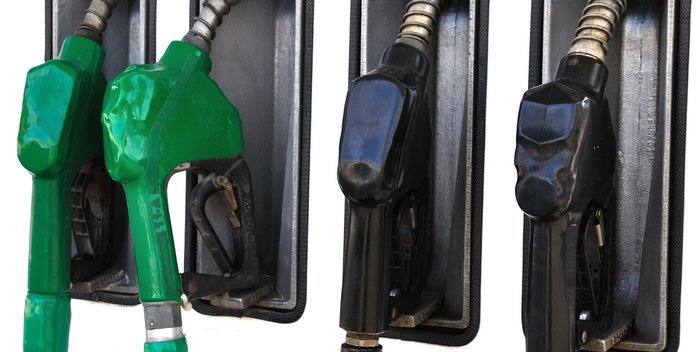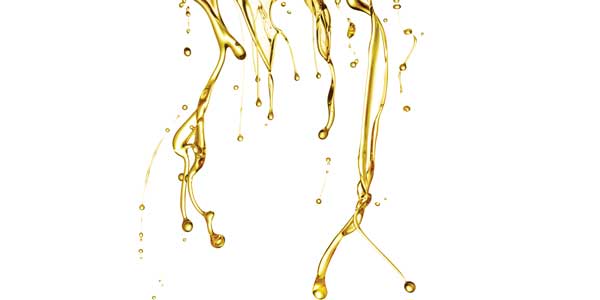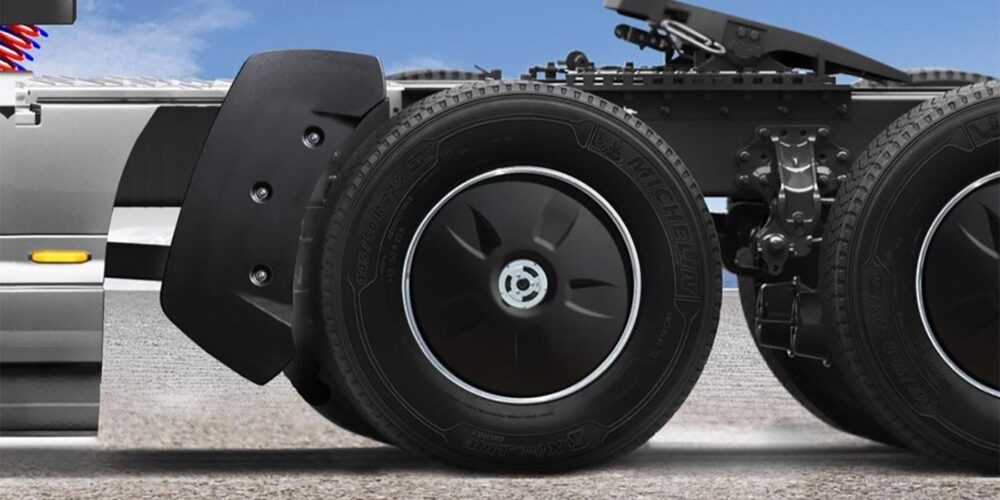
Diesel fuel contains sulfur, which derives from the original crude oil source and can still be present after refining. After combustion in the engine, this sulfur forms particulates that are a primary contributor to air pollution and the cause of harmful corrosion in the engine.
Before global efforts to improve air quality and remove sulfur from fuel came about, high levels of detergent additives were a necessary component of engine oil to protect engine parts from the damage caused by sulfur. Detergency was so important that a common way to interpret engine oil performance or oil life was by measuring the level of detergents in an oil by the total base number (TBN).
Regulations to reduce vehicle emissions over the past several decades have dramatically reduced the allowable sulfur content in diesel fuel. Today, sulfur content in diesel fuel in both the United States and Mexico is 97% lower than what was seen throughout most of the 20th century. This type of fuel is commonly referred to as ultra-low sulfur diesel (ULSD).
The impact of sulfur on engine hardware
After combustion, sulfur from diesel fuel creates sulfuric acid that causes caused corrosive wear on the metal surfaces of an engine. Corrosion of a surface within in a dynamic system such as the cylinder wall/liner can lead to corrosive wear; surface corrosion layers are removed through sliding or abrasion.
All acids formed within the engine have the potential to cause corrosion, but the risk of corrosion depends on their acidity. The acidity of a fluid is measured according to the mixture’s pH. Both the concentration of acid present, and the strength of the acids in the mixture, will increase the risk of corrosion.
There are three main types of acids that form in an engine:
- Sulfur acids are strong acids that form from combustion of fuel containing sulfur. When high sulfur fuel is used, sulfuric acids are the most significant corrosive acids.
- Nitrogen acids are strong acids that form from nitrogen oxides that result during lean combustion (a process known as nitration).
- Organic acids are weaker acids that form from partial combustion of the hydrocarbon fuel, or decomposition of the engine oil (processes known as oxidation).
Engine oil protects against corrosion
Historically, the high levels of sulfur common in all fuels required engine oils that prevented the build-up of sulfuric acid and coated engine parts with a protective layer to reduce the level of corrosive wear. Engine oils formulated with basic (alkaline) additives react with sulfur acids, preventing the acids from reaching and attacking the metal surfaces.
There are three main categories of engine oil additives that protect against corrosion.
- Detergents provide a source of alkaline base, that can neutralize the corrosive acids to form non-corrosive by-products. Many factors control the detergents’ efficacy at neutralizing acids, and modern engine oil formulations will contain many different types of detergents to optimize performance.
- Antioxidants prevent the formation of organic acids by blocking the process of oxidation. By preventing the degradation of the engine oil, antioxidants extend the life of an engine oil by increasing the oil drain interval (ODI).
- Corrosion inhibitors protect surfaces against corrosion. The corrosion inhibitors will form a protective layer, acting as a barrier between the metal surface and the corrosive acids.

New types of oil formulation for ULSD fuels
Fuel quality, including fuel sulfur levels, plays a big role in the requirement of the engine oil. Fuel quality can impact engine hardware, so the oil must be formulated to protect against these impacts. Using the correct measure for the way the oil performs is therefore crucial.
The level of sulfur acids created by today’s ULSD fuel are so low that the need for elevated levels of detergents that produce high TBN no longer exist. Instead, protection against organic acid corrosion has become a more necessary requirement of modern engine oil.
Preventing organic acid corrosion with today’s ULSD fuel requires engine oil formulations with a complex mix of detergent, antioxidant and corrosion inhibitor additives to achieve optimum performance. Using an appropriate measurement for the way modern oils perform is important for oil condition monitoring.
This article was contributed by Greg Matheson, engine oil product manager for North America at the Lubrizol Corp.













